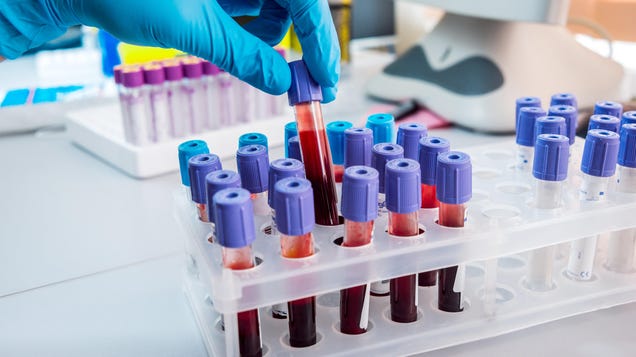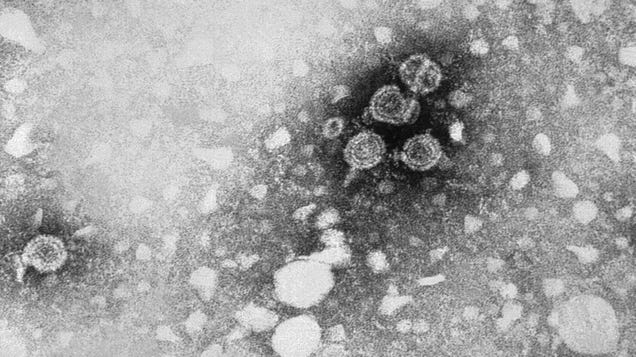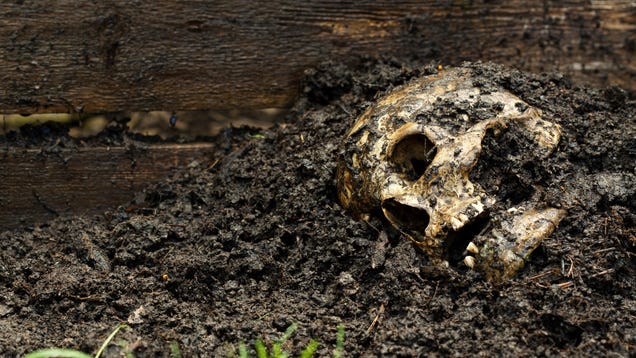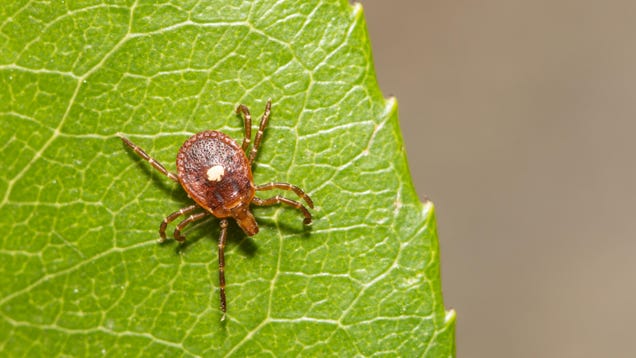
In a study out this week, scientists describe a novel experimental pill that may be able to help patients with a difficult-to-treat form of leukemia. Nearly half of patients in the Phase I trial responded to the treatment, called revumenib, while about a third experienced a complete remission of their cancer. More…









